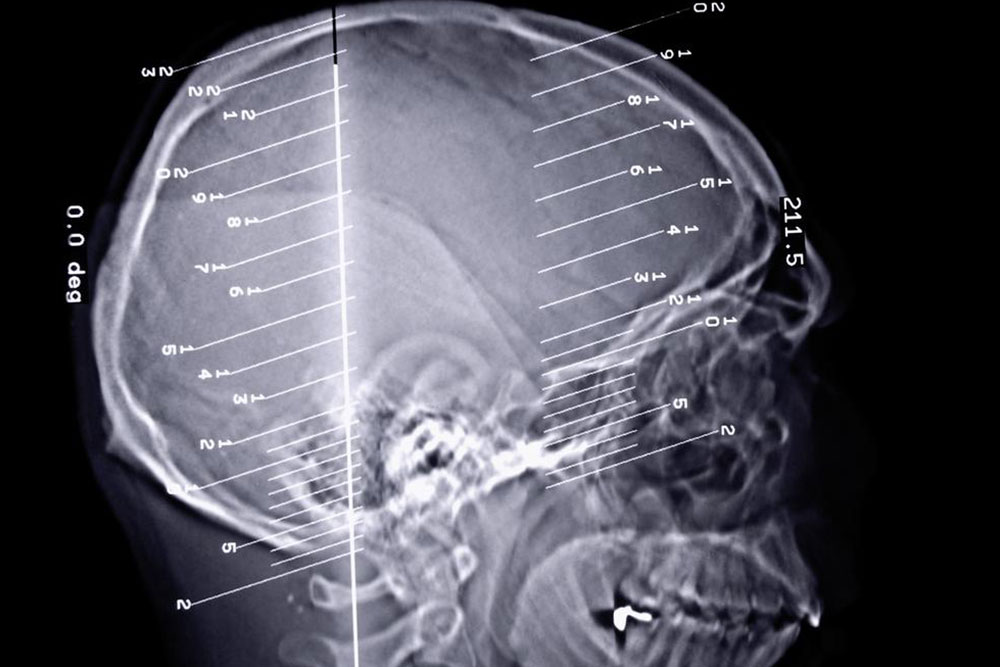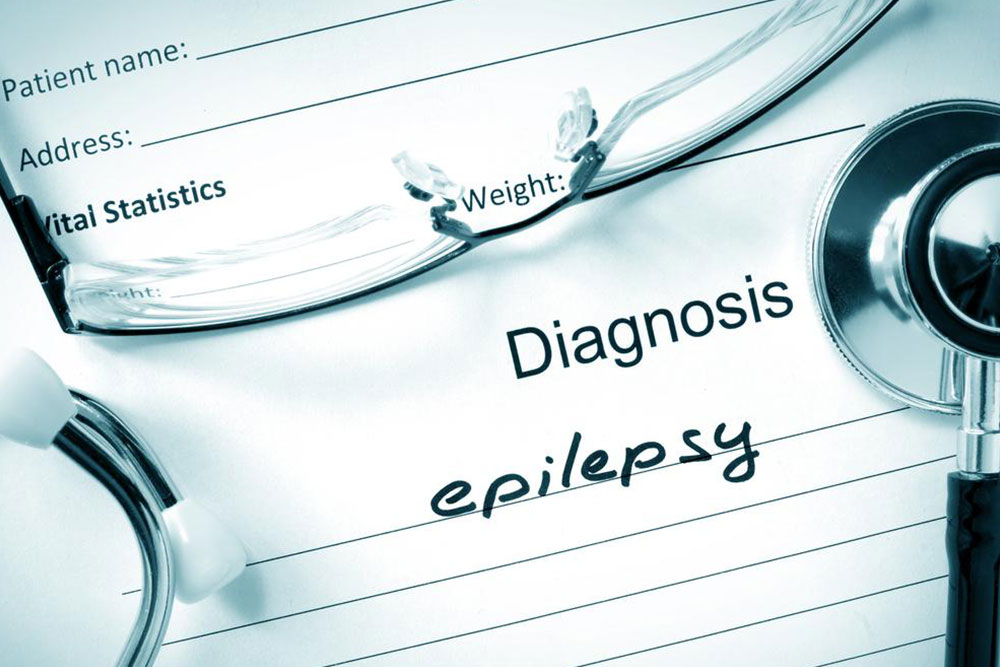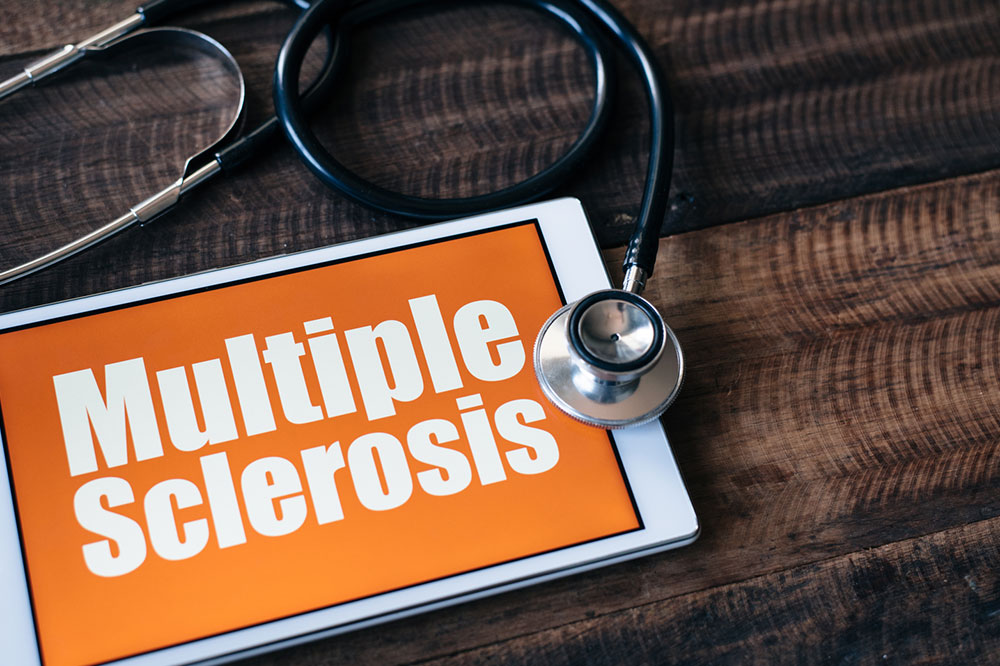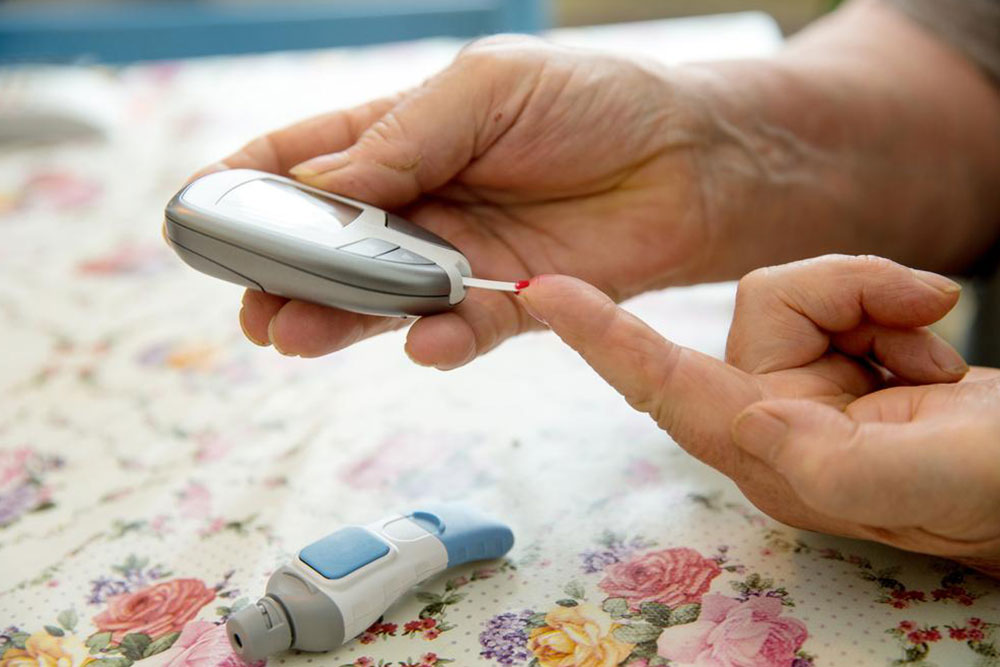Understanding Essential Tremors: Causes, Symptoms, and Management
Essential tremors are involuntary movements affecting various body parts, mainly hands. While not curable, management strategies help reduce symptoms. Causes include hereditary factors and brain injuries, with stress and neurodegeneration sometimes contributing. The condition can impact daily activities and pose fall risks, necessitating medical supervision in severe cases. Understanding the signs and causes of essential tremors can help individuals seek timely help and improve quality of life.

Comprehensive Guide to Essential Tremors
Essential tremor is a neurological disorder characterized by involuntary, rhythmic muscle contractions that lead to shaking, primarily affecting the hands but sometimes involving other body parts. Common indicators include:
Rhythmic tremors in arms, hands, legs, head, or voice
Difficulty with fine motor tasks like eating, drinking, or writing
Unsteady walking and balance issues
Increased shaking under stress or during specific movements
This condition is prevalent across various age groups and cannot be fully cured, but symptoms can be managed.
The severity of essential tremors often correlates with muscle activity and can interfere with daily activities such as eating, drinking, or handling objects like pens. Rarely, movement and gait may also be affected. This condition affects individuals regardless of age, gender, or occupation, appearing either intermittently or persistently.
While the exact cause of essential tremors remains unclear, heredity appears to be a significant factor. Additional causes may include brain injury, excessive alcohol use, neurodegenerative diseases, stroke, or intense stress. Symptoms tend to remain stable for some but can worsen rapidly in others. Although not life-threatening, severe tremors increase fall risk and potential injuries, emphasizing the importance of medical supervision for progressive cases.
Note:
This article provides health information on symptoms, causes, and management of essential tremors. It should not replace professional medical advice. Always consult healthcare experts for diagnosis and treatment options.










